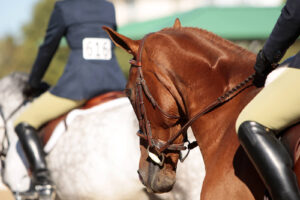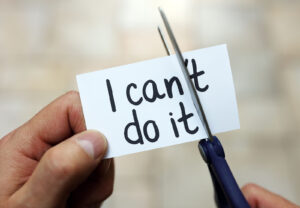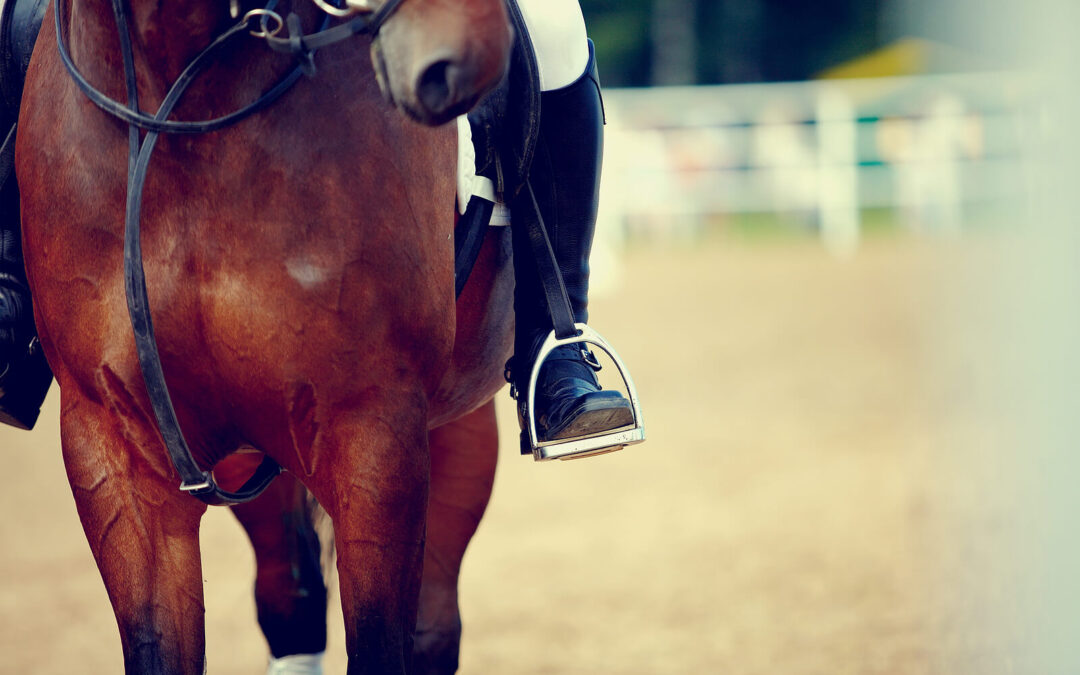Many riders enjoy participating in horse shows, regardless of their riding discipline.
Participation in these shows enables them to assess their horses and their progress. Riders spend time with horses and friends; horse shows are fun. Some horse shows are held in one day, and others go on for several days. The shows can be part of an organization offering points, year-end prizes, and recognition for different classes or levels. There are national horse show organizations and breed and discipline organizations. State, regional, and local organizations also support horse shows. Picking an interest and then level can make that decision easier.
 Once the decision to attend a horse show has been made, finding out the details of the specific shows becomes important. Social media usually has a wide variety of events to choose from. It will likely also have many groups for each discipline, breed, or region. It will not take long to search social media for things of interest.
Once the decision to attend a horse show has been made, finding out the details of the specific shows becomes important. Social media usually has a wide variety of events to choose from. It will likely also have many groups for each discipline, breed, or region. It will not take long to search social media for things of interest.
Looking at the internet for different associations can also prove to be helpful.
The USEF is a national organization that sanctions shows for many breeds and disciplines. The organization has rules for each discipline and membership for owners’ horses, riders, and farms. Virginia’s state organization is VHSA, which follows the rules the USEF sets, and sanction shows are available across the state. This organization also has a local section that governs the local shows.
Regional associations such as the Central Virginia Horse Show Association, Battlefield Horse Show Association, Greater Richmond Horse Show Association, Capital Horse Show Association, Central Virginia Show Jumping Association, and Southwest Horse Show Association also have rules that follow the national and state level however they are regional have rules as well. It is not required to join each one; however, if you plan to show with some frequency, joining state and regional associations can be beneficial. You will need to join the association and then register the horse with the association so that when you show, you will get points for the respective divisions you show in.
Finding a trainer is also essential in deciding to attend a horse show.
The trainer is usually a professional who will help you with lessons before the show, at the show, and when deciding what shows to attend. Your trainer is a critical decision as they will be integral in helping you with many riding-related decisions. They can help with which horse to ride, buy, or lease and what level of riding you want to achieve. The trainer will need to be someone you feel comfortable with and that you trust. You may need to find a different trainer as you progress. The trainer will help you learn what to expect and what will happen at shows.
So you have now found a trainer and joined different organizations. The next thing to consider is prepping your horse and yourself for the show.
Prepping the horse may include lessons and riding frequently before the show. Discussing what is needed with your trainer will also be helpful. Prepping yourself is also essential. This can consist of a wide variety of things. Again, lessons and riding your horse as much as needed will be fundamental.

It is important to develop a plan for handling the stress of horse shows. Below are three things that may help with preparation for the show.
Positive Attitude
Developing a positive attitude about riding and showing is important. This does not refer to a happy-go-lucky attitude but rather to believing in your ability to do the task at hand and being willing to learn from all your experiences. Believing in your ability and in your horse’s, ability is important to as things will go wrong at shows or lessons. A positive attitude will help to accept this as a learning moment if it does not go as planned and as further evidence of ability if it goes well.
If we have a positive attitude, we are less likely to dwell on things and be able to move forward to the next event easier. A trainer told me more than once not to let one mistake turn into more in the same class. What she meant was if you make a mistake, do not dwell on it and get hooked into thinking will continue to make mistakes.
Being Mindful
This is not talking about being so relaxed rather this is about being aware of your surroundings and what you are doing. It is about staying in the present moment. When we start to worry about think about things that have not happened, we are not in the present moment and if we are not in the present moment it will be hard to respond effectively to what we need to. Developing ways to stay in the present moment will be helpful in riding and in life.
Visualization
Visualization is a great skill to practice and develop, as our brain does not recognize the difference between visualization and performing the exercise. So if you visualize your ride going exactly as you want, your brain thinks you are doing it. Visualization will make the actual exercise much easier because the brain has practiced it and created a neuropathway that will allow us to do it more easily. Each time you visualize or perform the exercise, you add to that superhighway and make it faster and faster.
Start Working With An Equestrian Therapist in Powhatan, VA
 These are just a few things to consider when thinking about horse showing. Horse shows can be a lot of fun. It requires a commitment to practicing and developing skills that will be helpful not only at the show but also in life. When we horse show we also can create friendships and a sense of community that are important. If you would like to discuss further how I can help you to obtain peak performance in equestrian sports please Gray Horse Counseling by following these simple steps:
These are just a few things to consider when thinking about horse showing. Horse shows can be a lot of fun. It requires a commitment to practicing and developing skills that will be helpful not only at the show but also in life. When we horse show we also can create friendships and a sense of community that are important. If you would like to discuss further how I can help you to obtain peak performance in equestrian sports please Gray Horse Counseling by following these simple steps:
- Contact me and schedule a free consultation.
- Check out my FAQs and read more about me
- Start making the most of the horse show experience!
Other Services Offered with Gray Horse Counseling
I’m happy to offer therapy for men and a variety of other services to support the mental health of folks in Powhatan, VA, and across the state via online therapy. Other services at Gray Horse Counseling include individual therapy, depression therapy, anxiety therapy, group therapy, equine sports, clinical supervision, trauma therapy, and equine therapy. Check out my FAQs, read about me, and contact me today to get the help you deserve!

